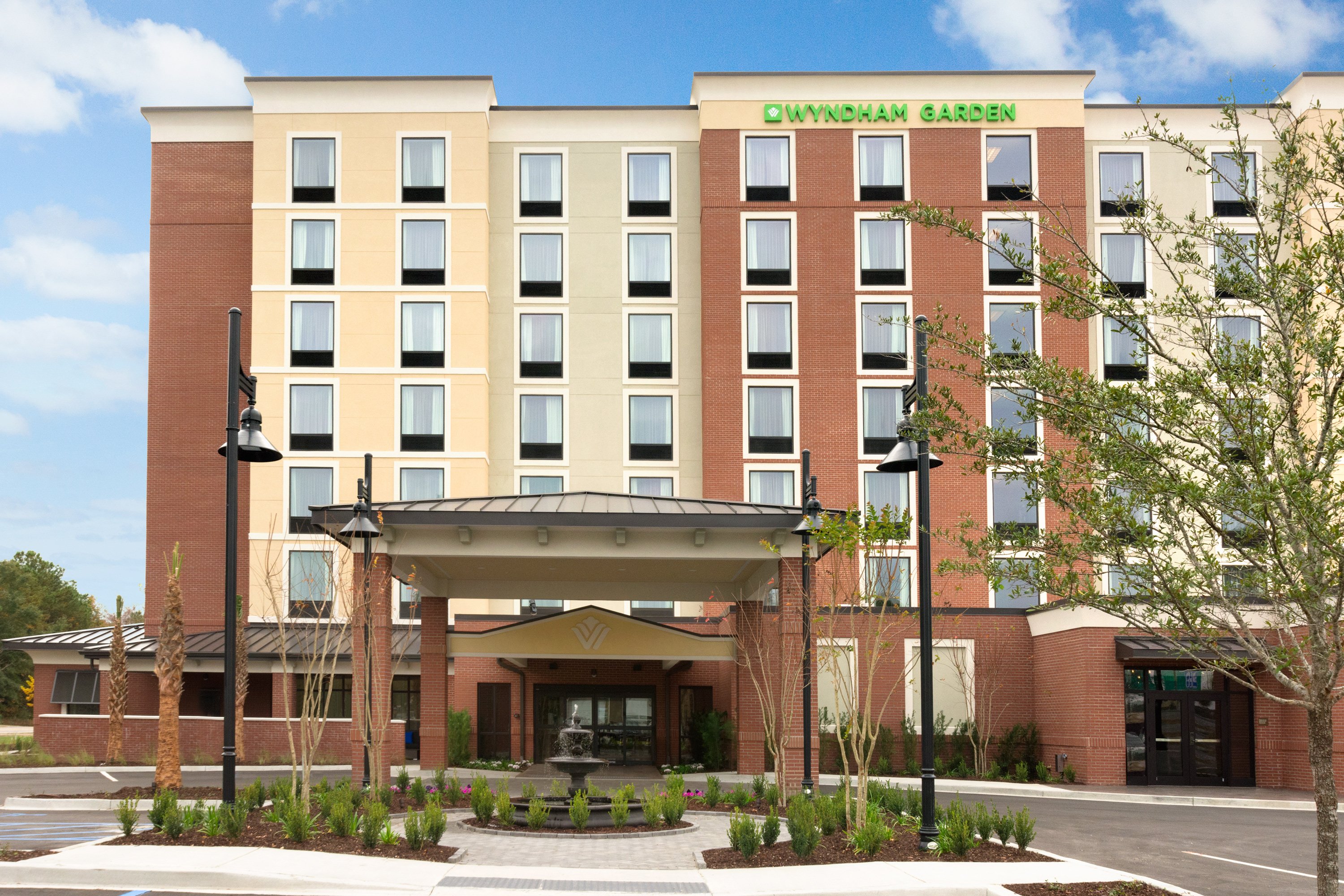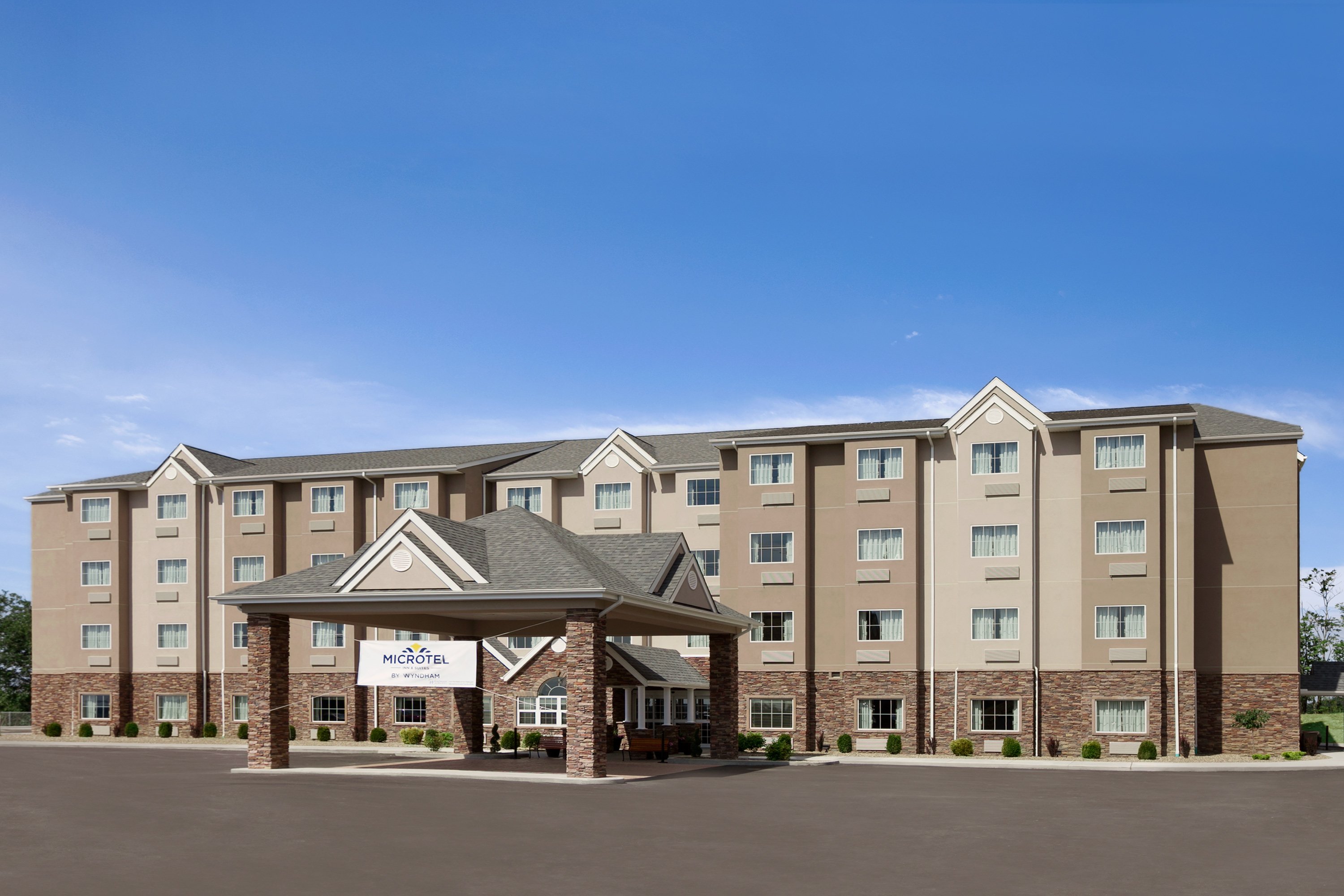Developing a hotel is an incredibly unique and rewarding business venture, but it’s not one for the faint-hearted. From conception to ribbon-cutting, the hotel development process requires a clear vision, immense strategic planning and serious perseverance. On top of the traditional challenges of opening a new business, today’s economic landscape compels developers to vet every decision more thoroughly than ever before to successfully determine where to develop, what type of hotel to build, and how it will attract travelers in today’s ever-changing markets.
So, where do you start? This is the first in a three-part series on hotel development where you’ll find tips and insight on the many stages of launching a new hotel.
Before you do anything, make smart planning a priority. Consider a brand partner with extensive expertise who can support you as you lay out your plan. The right brand partner provides a distinct advantage and is a powerful driver of hotel development at any point of the development cycle. Aligning with the right brand allows you to access decades of industry expertise as well as the sales, marketing and distribution resources your hotel needs to be successful. Seek out an industry leader with staying power, one that keeps its brands on the pulse of cutting-edge technology through innovation but also values developer brand loyalty and growth. Once you have a partner in mind, you’re ready to begin the process of launching your hotel:

- Site Selection – Finding the Best Address in Town
Location, location, location – the phrase has staying power because it’s true, true, true. “Planning a hotel that will deliver financial reward means having the optimum site on which to construct a property, supported by a comprehensive feasibility study that reflects the location’s potential,” said Stacey Nadolny, Managing Director, HVS.
Site selection demands the highest level of scrutiny. Ask yourself: what challenges, if any, exist to acquire the land? Are there potential zoning issues or prohibitive architectural review standards? Is the site close to basic utilities, and can infrastructure enhancements to streets and utilities be conducted with ease? How close is it to major gateways and attractions, and what other revenue streams exist to entice visitors to the area? Why is the site available – is it lack of hotel supply or lack of consumer demand?
“Having the support of a brand leader with significant development experience and long-standing relationships with professionals who can help you when choosing your hotel’s location makes navigating those challenging waters less difficult,” remarked Chip Ohlsson, EVP & Chief Development Officer, Wyndham Hotel Group. Hotel companies like Wyndham Hotel Group can provide you with contacts to assist in sourcing land for a project as well as firms that can analyze market performance to guide strategic decision-making. The goal: launching the best address in town.
- Which Brand Makes the Most Market Sense?
Once you have a location, choose the right brand for your hotel before any next steps. Examine the competitive set to determine the best brand to launch in your market – one that is distinctive, will have the most revenue-earning potential, and is part of a solid loyalty program and excellent distribution reach.
Know a brand franchisor’s strengths – the franchise company and the brand segment must seamlessly fit into the destination’s framework of existing properties. Multiple options under a brand umbrella helps developers focus on the exact segment that makes the most sense for the market, while knowing they still can tap a franchisor’s resources whether they go upscale, midscale or economy. For example, Wyndham Hotel Group’s 19 global brands span nearly every segment of the industry giving you the choice of iconic brands like Wyndham Grand, Wingate by Wyndham, Ramada Worldwide, Microtel Inn & Suites by Wyndham and the new Trademark Collection independent concept. And, the company’s varied prototype offerings afford financial savings and positively impact construction time.
“The relationship between a brand and a developer/owner is crucial. They must have excellent two-way communication, understand each other’s goals, and share a similar philosophy about the guest experience to be delivered,” said Danny Aderholt, President, Century Hospitality. Confidence in knowing a brand will remain a long-term partner through the life of the property and provide support to help drive profitability is vital for developers in determining affiliation with a franchisor.

- Obtaining Financing – “Show Me The Money”
“Show me the money” is a developer’s dream, but securing financing for new property construction can be challenging, especially when many lenders may be nearing their capacity for providing hospitality loans in the current development cycle.
How can you improve your chance to obtain financing? “We want to see a third-party feasibility study and market analysis, precise business plan with solid projections, examination of construction and labor costs, a developer’s track record with past hotel successes, and that the market has demand for a healthy room rate,” explained Mike McGinley, General Manager, Live Oak Bank.
Keep in mind: lenders feel a level of comfort in providing financing when a project is aligned with a trusted brand known for consistent business success and guest service.
Aligning with an esteemed hospitality company allows you to leverage its established connections with lending institutions that can handle the risks associated with hotel construction projects. Thanks to Its position as a leading global operator of hotels and resorts, Wyndham Hotel Group has excellent, long-standing relationships with many banks - an invaluable resource for today’s developers. Plus, depending on project specifics, the company can sometimes offer development incentives that can be applied to financing costs.
………………………………………………………………………………………………………………………………………………………………….
Planning a hotel – from shaping a vision, finding the ideal location, selecting a brand segment and obtaining financing – is a calculated art that can be significantly enhanced with the right brand partnership. Developers can tap an exceptional collection of brand resources and knowledge right from the start, helping set the course for a well-conceived property poised for success. Once the project is planned and financing is secured, the next stage of development is building the hotel – construction, design and architectural style, procurement, and staffing the hotel with well-trained team members. Stay tuned for Part II…
